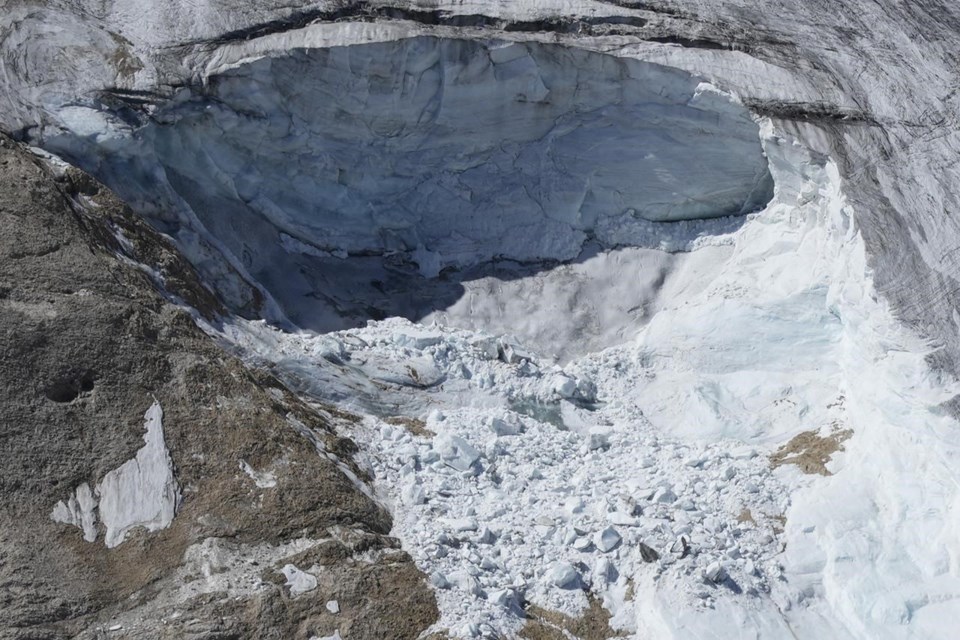BERLIN (AP) — Europeans, particularly in the south of the continent, are being subjected to more heat stress during the summer months as climate change causes longer periods of extreme weather, a study published Thursday shows.
The European Commission's Copernicus Climate Change Service said comparisons of data going back over decades showed record heat last year resulted in hazardous conditions for human health.
“ Southern Europe experienced a record number of days with ‘very strong heat stress,’” defined as temperatures from 38 to 46 degrees Celsius (100 to 115 degrees Fahrenheit), it said.
The number of summer days with “strong” (32 to 38 Celsius) or “very strong" heat stress is rising across the continent, while in southern Europe this is also the case for “extreme heat stress” days above 46 Celsius, Copernicus said.
“There is also a decreasing trend in the number of days with 'no heat stress',” it added.
Heat stress is increasingly viewed as a significant issue worldwide as the planet warms due to human-made climate change. Experts say it can cause a wide range of health problems, including rashes, dehydration and heat stroke.
The warning was part of the annual Copernicus European State of the Climate report, which confirmed that the continent experienced its second warmest year on record in 2022. Last summer was the hottest on record across Europe at 1.4 Celsius (2.5 Fahrenheit) above the reference period of 1991-2020. The Svalbard region in the Arctic even saw summer temperatures that were 2.5 Celsius (4.5 Fahrenheit) higher than the average, it said.
High temperatures and low rainfall also resulted in widespread drought, while summer wildfires caused the highest carbon emissions in 15 years, Copernicus said.
This led to record melting of Alpine glaciers, with more than five cubic kilometers of ice disappearing, it said.
The Associated Press



